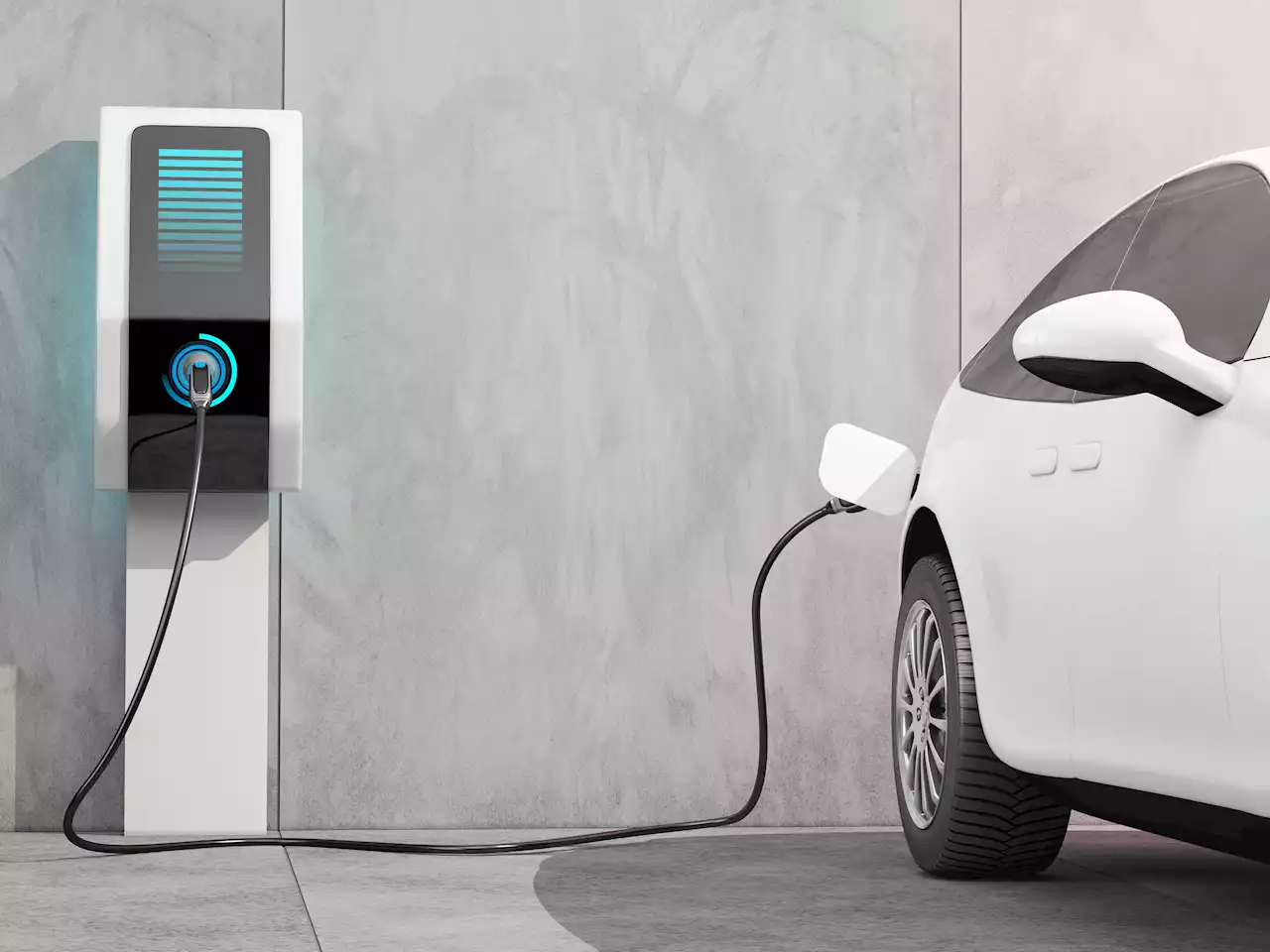Canada is taking a major step forward in its commitment to a greener future by announcing the introduction of electric vehicle (EV) sales quotas starting in 2026. According to the plan, 10 percent of new light-duty vehicles sold in Canada in 2026 will have to be zero-emission vehicles (ZEVs), and this figure will steadily increase to 30 percent by 2030.
This move represents a major shift in Canadian automotive policy and is part of a larger initiative to reduce the nation’s greenhouse gas emissions by 30 percent by 2030. The government believes that mandating a certain percentage of EV sales will help to “accelerate the transition to a low-carbon economy and reduce air pollution while creating jobs and supporting economic growth.”
The plan is to introduce the quotas in 2026 in four provinces: Quebec, Ontario, British Columbia, and Manitoba. These provinces were chosen for their commitment to the environment and their existing EV infrastructure. The quotas will be implemented on a graduated basis, with each province implementing its own guidelines.
In addition to the sales quotas, the Canadian government is also investing in EV-related infrastructures, such as charging stations and EV awareness campaigns. The government has also committed to providing incentives for EV purchases, such as tax credits and rebates. These incentives are intended to offset the cost of purchasing and owning an electric vehicle.
The move to mandate EV sales is part of a larger effort to reduce Canada’s emissions and meet its commitments under the Paris Agreement. The government estimates that the quotas will help reduce Canada’s greenhouse gas emissions by 5 megatonnes by 2030. This is a significant step forward in the fight against climate change and is an encouraging sign of Canada’s commitment to environmental stewardship.
Despite the government’s enthusiasm, some critics have raised concerns about the plan’s feasibility. They argue that the infrastructure and incentives are not in place to support a mass shift to electric vehicles. They also point out that EVs are still more expensive than traditional gasoline-powered vehicles.
Nevertheless, the government is confident that the plan will succeed. It believes that the incentives and infrastructure investments will help to make EVs more accessible and affordable and that the sales quotas will help to create a market for EV technology.
The implementation of EV sales quotas is a major step forward for Canada in its commitment to a clean energy future. It is a sign that the government is taking the fight against climate change seriously and is willing to take the necessary steps to reduce emissions and create a greener future. It remains to be seen if the plan will be successful, but it is an encouraging sign of Canada’s commitment to environmental stewardship.

